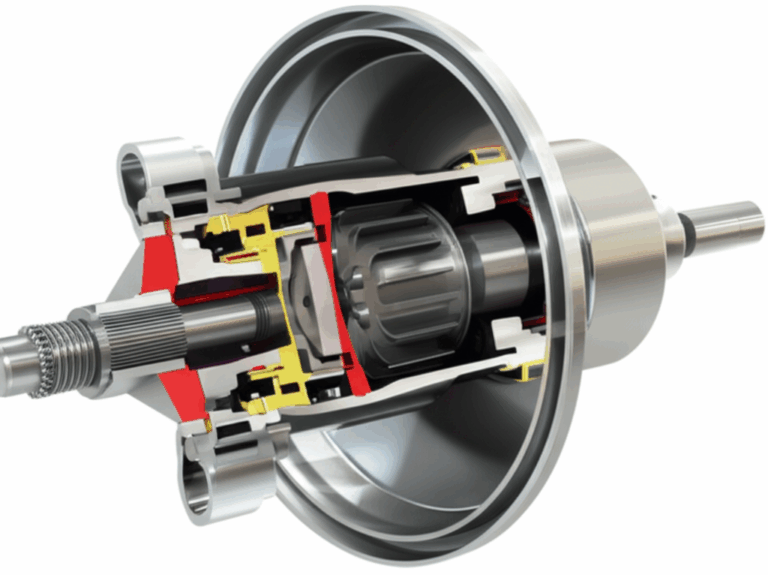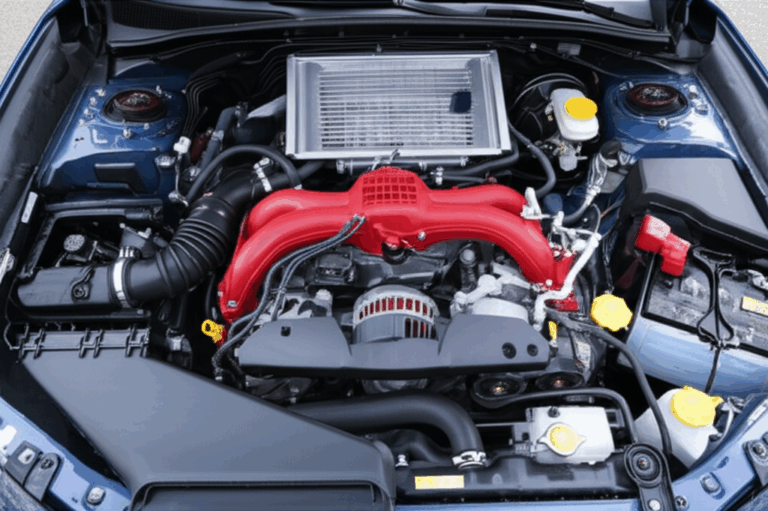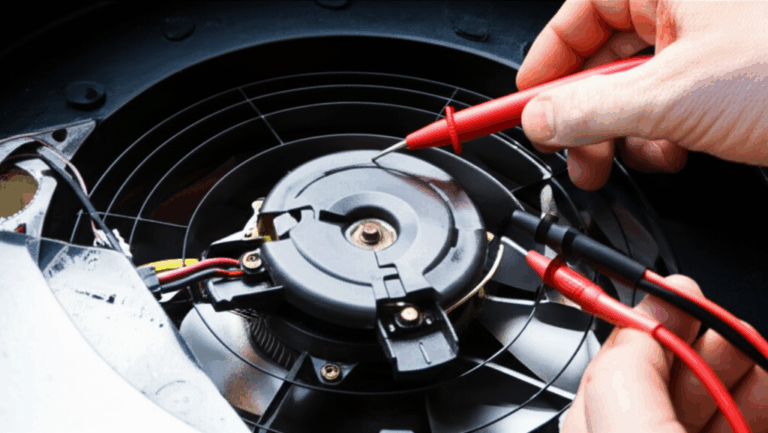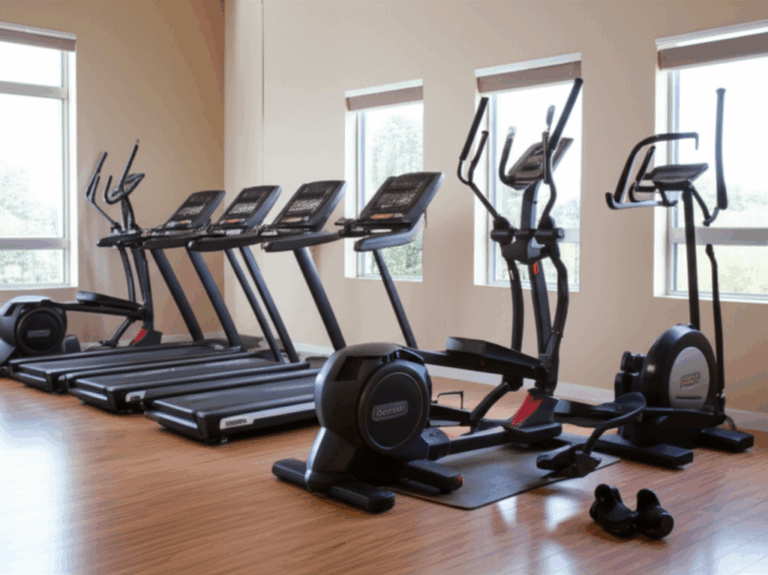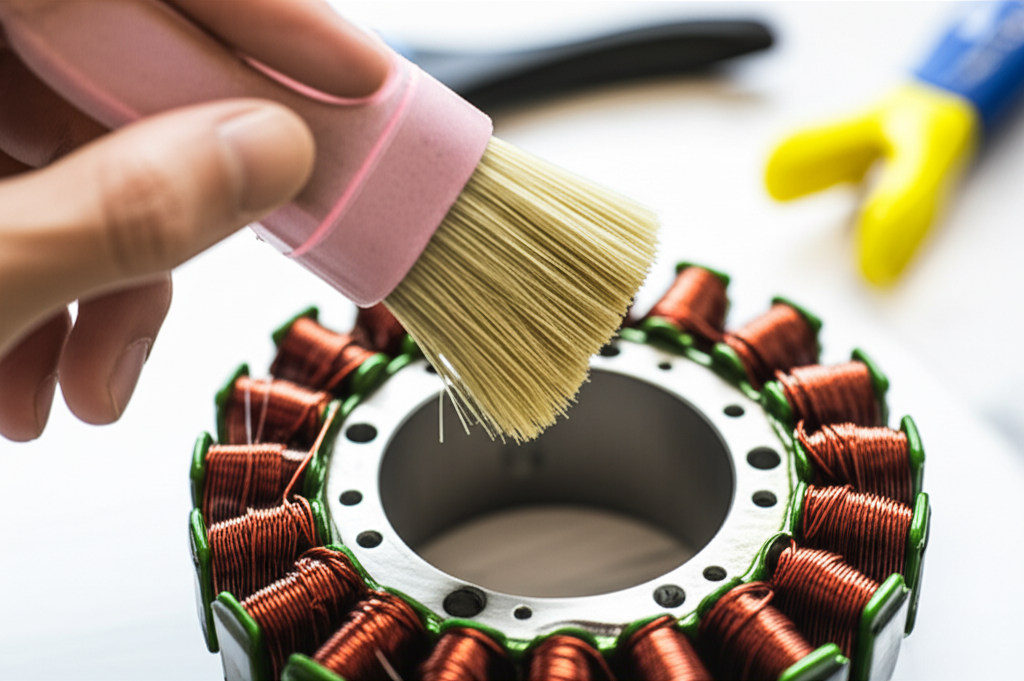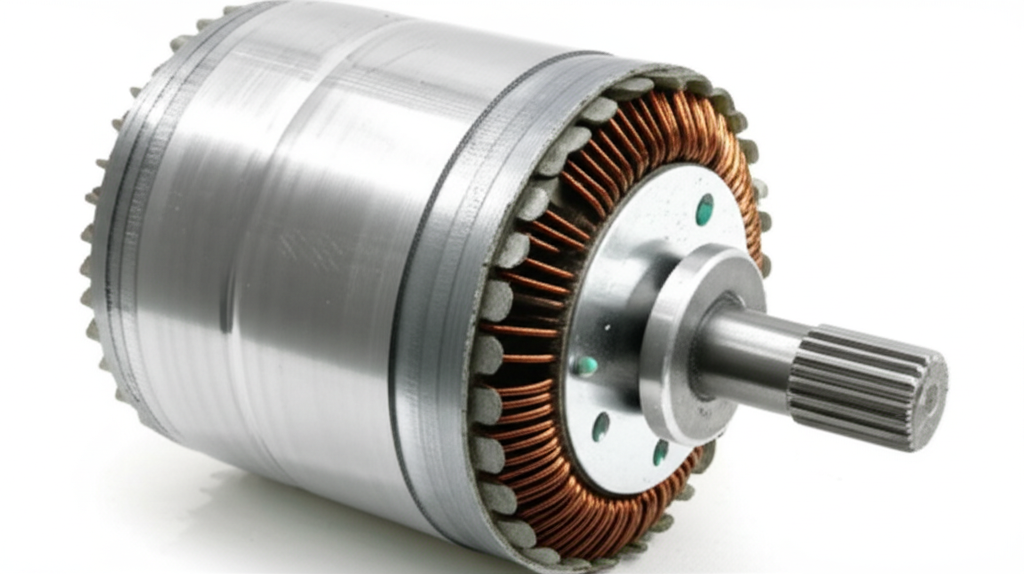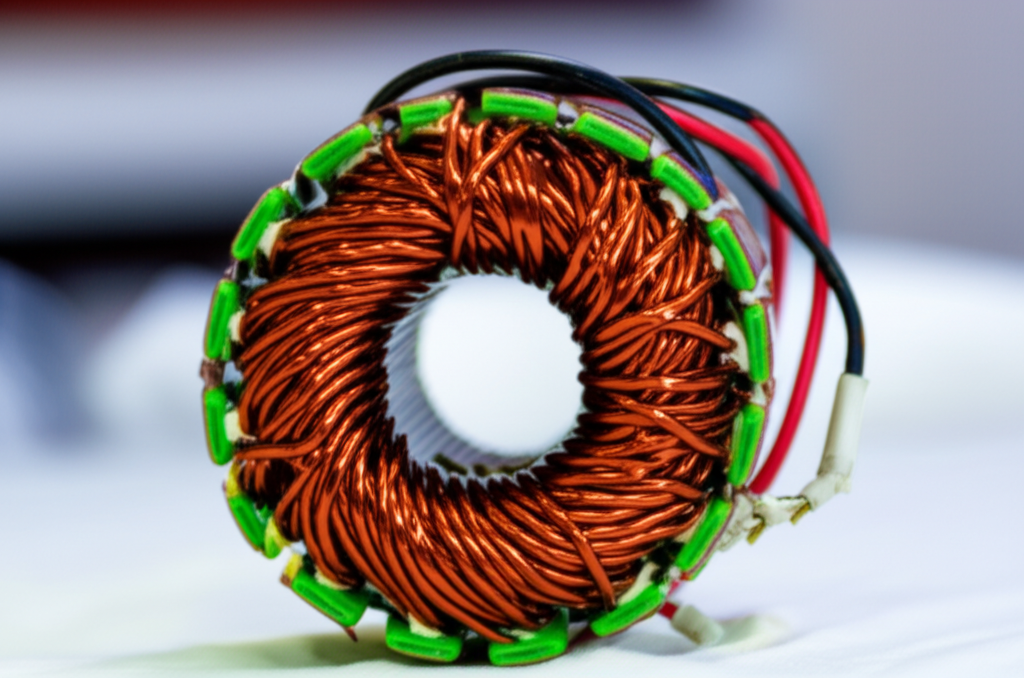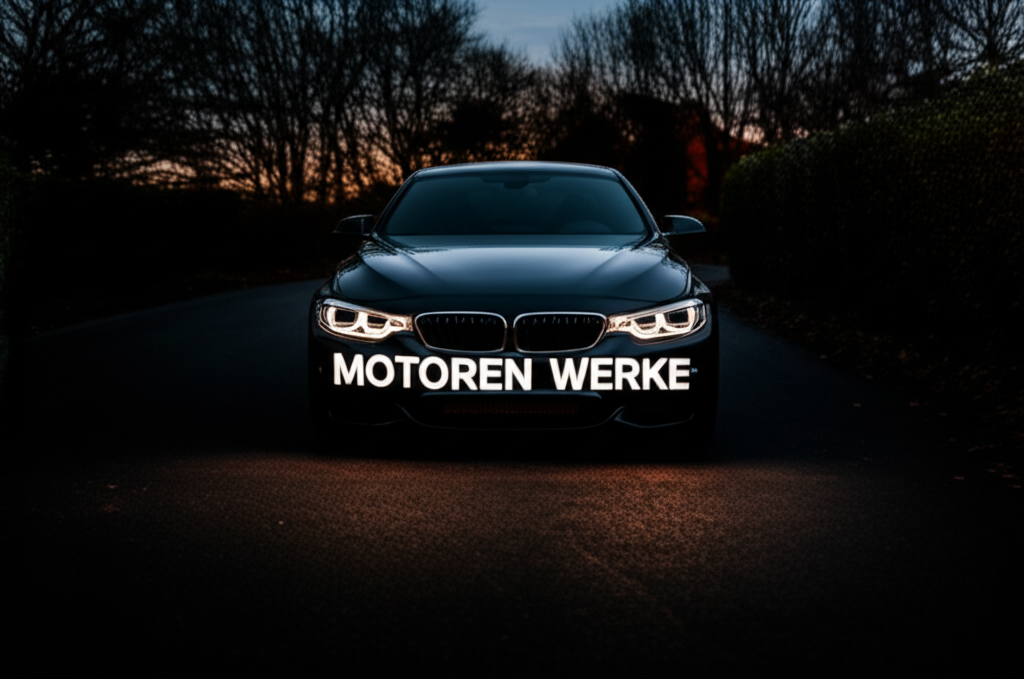
How to Pronounce “Bayerische Motoren Werke” Like a Native German Speaker
- Table of Contents
- How to Pronounce “Bayerische Motoren Werke” Like a Native German Speaker
- What Does “Bayerische Motoren Werke” Mean?
- How Do You Say “Bayerische”?
- How Do You Say “Motoren”?
- How Do You Say “Werke”?
- Can IPA Help You Say It Right?
- What German Sounds Matter Most Here?
- What Mistakes Should You Avoid?
- Where Can You Hear a Native Say It?
- Why Does the Right Pronunciation Matter?
- How Do You Put It All Together With Flow and Stress?
- A Quick Engine Note to Lock In “Motoren”
- How Do You Say Other German Car Brands?
- Practice Drills You Can Use Today
- FAQ
- References
- Key Takeaways
Want to say BMW’s full name the right way? You can. I’ll show you a clear, simple path. You will learn each sound. You will feel sure when you say it out loud. This guide is worth your time because it gives you a step-by-step plan, audio tips, and easy rules that stick.
Problem: You see the name and freeze.
Agitate: Your voice shakes. You guess. You mumble. You feel silly.
Solution: Use this friendly guide. Break it down. Practice smart. Speak with calm and pride.
What Does “Bayerische Motoren Werke” Mean?
Let’s decode the name first. It helps your memory.
- Bayerische means “Bavarian.” That points to Bavaria. That is the German state where BMW lives. The HQ is in Munich.
- Motoren means “engines.” BMW began with aircraft engines. Later it made motorcycles and cars.
- Werke means “works” or “factories.” It means a place where people make things.
Put it all together. The full translation is “Bavarian Motor Works.” That is why people say BMW in English. When you know this, the sounds make more sense. You hear the shape and the stress. You see why each word matters.
How Do You Say “Bayerische”?
Say it like this: BY-er-ish-uh. Slow first. Then smooth it.
- “Bay-” sounds like “buy” or “eye.” In German this is the “ei” sound.
- “-er-” is a soft “uh,” like the a in “sofa.”
- “-isch-” sounds like “ish.” In German “sch” is the “sh” sound.
- “-e” at the end is a very light “uh.”
In IPA it looks like this: /ˈbaɪ̯.ə.ʁɪʃ.ə/. Do not worry if IPA is new. You can still use the sound steps. Just keep that “wavy r” in mind. Germans do not use a hard English r here.
Common questions come up. Is it “Bai-yer-ish” or “Bye-er-ish”? Say “BY-er-ish.” Keep it short and crisp. It should not drag.
How Do You Say “Motoren”?
Say it like this: MOH-tor-en.
- “Mo-” uses a long “o,” as in “moat.”
- “-to-” sounds like “taw” but short.
- “-ren” is “ren” with a soft r and a light “en,” almost “uhn.”
In IPA it is /ˈmoː.tɔ.ʁən/. The o is long. The r is not a hard English r. Think of a soft, back-of-the-throat r. Many native speakers make it light. Some even roll it a bit. Keep it gentle.
This word feels nice when you link the pieces. MOH… tor… en. Say it in one breath. Your mouth will like the rhythm.
How Do You Say “Werke”?
Say it like this: VER-kuh.
- “W” in German sounds like English “v.” So start with “ver.”
- “-er-” sounds like “eh” in “bed,” then a soft r.
- “-ke” ends with a light “kuh.”
In IPA it looks like /ˈvɛʁ.kə/. Keep the last “e” soft and short. Do not make it a strong “ay.” It should almost whisper out.
Tip: If you hear “wair-kuh” with an English w, stop and reset. Start with “ver-.” You will nail it.
Can IPA Help You Say It Right?
Yes. IPA shows exact sounds. Here is the full name in IPA. Then an English hint.
- Full IPA: /ˈbaɪ̯.ə.ʁɪʃ.ə ˈmoː.tɔ.ʁən ˈvɛʁ.kə/
- English hint: BY-er-ish-uh MOH-tor-en VER-kuh
Now let’s pack it in a table you can use.
| Component | IPA | English Approx. | Key Tips | Meaning |
|---|---|---|---|---|
| Bayerische | /ˈbaɪ̯.ə.ʁɪʃ.ə/ | BY-er-ish-uh | “ei” = “eye.” “sch” = “sh.” Final “e” is soft. | Bavarian |
| Motoren | /ˈmoː.tɔ.ʁən/ | MOH-tor-en | Long “o.” Soft German r. Light “en.” | Engines |
| Werke | /ˈvɛʁ.kə/ | VER-kuh | “w” = “v.” “er” like “eh” + soft r. Soft final “e.” | Works |
| Full Name | /ˈbaɪ̯.ə.ʁɪʃ.ə ˈmoː.tɔ.ʁən ˈvɛʁ.kə/ | BY-er-ish-uh MOH-tor-en VER-kuh | Stress first syllable in each word. Keep flow smooth. | Bavarian Motor Works |
If you enjoy phonetics you can look at German phonology and the International Phonetic Alphabet. Those tools help you with any German word. They fit well with Standard German and High German rules.
What German Sounds Matter Most Here?
A few German sounds carry the weight.
- “ei” sounds like English “eye.” You hear this in “Bayerische.”
- “sch” sounds like English “sh.” So “-isch-” becomes “ish.”
- “w” sounds like English “v.” This guides “Werke.”
- The German “r” is soft. It can sound like a gentle growl in the throat. It is not the hard English r.
- “e” at the end is soft. It is short. It is not strong.
German uses diphthongs like “ei,” “ie,” and “eu.” You see “ei” here. You also want to know “ie” (sounds like “ee”) and “eu” (sounds like “oy”). Umlauts matter too. The dots change a vowel sound. You do not need umlauts in this name. Still it helps to know them for other names. You will meet Ä, Ö, and Ü often when you study German pronunciation for beginners.
What Mistakes Should You Avoid?
Here are the big ones.
- Saying “w” like English “w.” In German “w” is “v.” So say VER-kuh not WER-kuh.
- Using a hard English r. Soften it. Let it sit in the back.
- Saying “sch” like “sk.” It is “sh.”
- Killing the final “e.” It is not silent. Keep it soft and short.
- Putting stress on the wrong syllable. Hit BY- MOH- and VER- at the start of each word.
You can dodge these traps if you move slow. Then speed up. Say it five times. Pause. Say it again. Practice works.
Where Can You Hear a Native Say It?
Text helps. Audio teaches. Your ears seal the deal.
- Search “Bayerische Motoren Werke pronunciation” on YouTube. You will find native speaker clips.
- Use Forvo. Native speakers upload words. You can play them slow.
- Try dict.cc for audio.
- Check Duden if you want standard German reference.
I also like to record myself. I play it back. I match my sound to the native sound. It feels like a quick pronunciation tutorial. It works for German words and for other foreign car brand names too.
Why Does the Right Pronunciation Matter?
It shows respect for German culture and German engineering. The brand cares about its roots in Bavaria. When you say the name right you honor that story.
It also helps you in talks about the automotive industry, luxury cars, and global brands. You might chat about BMW M, BMW i, Mini, or Rolls-Royce. When you say the full name well you sound clear. People trust you more. You avoid awkward moments. You keep the flow.
I use this skill in meetings. I might share how BMW started with aircraft engines. Then I say the full name smooth and calm. It sets a smart tone. It also feels good. You hit the sound. You know you got it.
How Do You Put It All Together With Flow and Stress?
Let’s blend the parts. Stress the first syllable of each word.
- BY-er-ish-uh
- MOH-tor-en
- VER-kuh
Say each word slow first. Then say the full name in one line. Move your breath like a wave. Keep the “r” soft. Keep the final “e” light. Keep “w” as “v.” Use a steady beat. Do not rush.
If you feel stuck try this drill. Clap on BY. Clap on MOH. Clap on VER. Now speak on the claps. Your voice will remember the stress.
A Quick Engine Note to Lock In “Motoren”
Here is a simple memory hack. “Motoren” means engines. Engines have parts. Electric motors do too. Think of the stator and rotor. The stator stays still. The rotor spins. This picture helps you lock in the word “Motoren.”
If you like to go deeper take a short detour into motor parts. Read about stator core lamination. Look at rotor core lamination. These topics show how motors work. They sit right next to the word “Motoren” in your mind.
Want a broader view? See how motor core laminations shape power. Or learn why electrical steel laminations matter in motor design. When you think engines or motors you will recall “Motoren.” Then your mouth will set the long “o” with ease.
How Do You Say Other German Car Brands?
Once you learn the rules you can say other names.
- Audi: It sounds like “OW-dee.”
- Porsche: Say “POR-shuh.” Many people drop the “uh.” Do not.
- Mercedes-Benz: Say “mer-SAY-deez BENZ.”
- Volkswagen: Say “FOLKS-vah-gen.” Remember “w” is “v.”
- Daimler: Say “DIME-ler,” with a lighter r in German.
You can use the same tips for German words pronunciation. Listen for diphthongs like “ei,” “ie,” and “eu.” Note how “sch” sounds like “sh.” Note how “er” endings can soften. These rules help with German brand names and with German automotive terminology.
Practice Drills You Can Use Today
Here are drills that work. They use the PAS idea again to push you to act.
- Problem: You still fear the word.
Agitate: You pause in a talk. Your friend laughs. You shut down.
Solution: Do these drills every day for five minutes.
Drill 1: Syllable Steps
- BY… BY-er… BY-er-ish… BY-er-ish-uh
- MOH… MOH-tor… MOH-tor-en
- VER… VER-kuh
Drill 2: Sound Targets
- “ei” → “eye”
- “sch” → “sh”
- “w” → “v”
- “r” → soft
- Final “e” → soft “uh”
Drill 3: Whole Phrase Rhythm
- Clap on BY, MOH, VER
- Say the full name with the claps
- Drop the claps and keep the beat
Drill 4: Audio Mirror
- Play a native clip
- Record your voice
- Compare
- Adjust one sound at a time
FAQ
Q: Is it “BYE-er” or “BAY-er”?
A: Say “BY-er” like “buy-er.” The “ei” makes the “eye” sound.
Q: Do I roll the r?
A: Keep it soft. Some speakers roll it a little. Many use a gentle throat r.
Q: Do I say the last “e”?
A: Yes. Keep it short and soft. Do not drop it.
Q: Is “w” like English w?
A: No. It is like English v. Say VER-kuh.
Q: What if I want a phonetic spelling?
A: Use “BY-er-ish-uh MOH-tor-en VER-kuh.” It is close and easy.
References
- Duden. Standard German entries for “Bayerisch,” “Motor,” and “Werk.” https://www.duden.de
- Forvo. Native audio for “Bayerische Motoren Werke.” https://forvo.com
- dict.cc. German–English dictionary with audio. https://www.dict.cc
- Wikipedia. BMW company page and IPA notes for German. https://en.wikipedia.org/wiki/BMW
- IPA Help. International Phonetic Alphabet chart. https://www.internationalphoneticalphabet.org
Key Takeaways
- Say the full name like this: BY-er-ish-uh MOH-tor-en VER-kuh.
- Stress the first syllable in each word.
- “w” in German sounds like “v.”
- “sch” sounds like “sh.”
- The final “e” is soft and short.
- The German “r” is gentle. Do not use a hard English r.
- Use audio from native speakers to lock it in.
- Think Bavaria, Munich, and “Bavarian Motor Works” to anchor the meaning.
- Use simple drills to gain speed and flow.
- Speak with confidence. You have the tools now.

